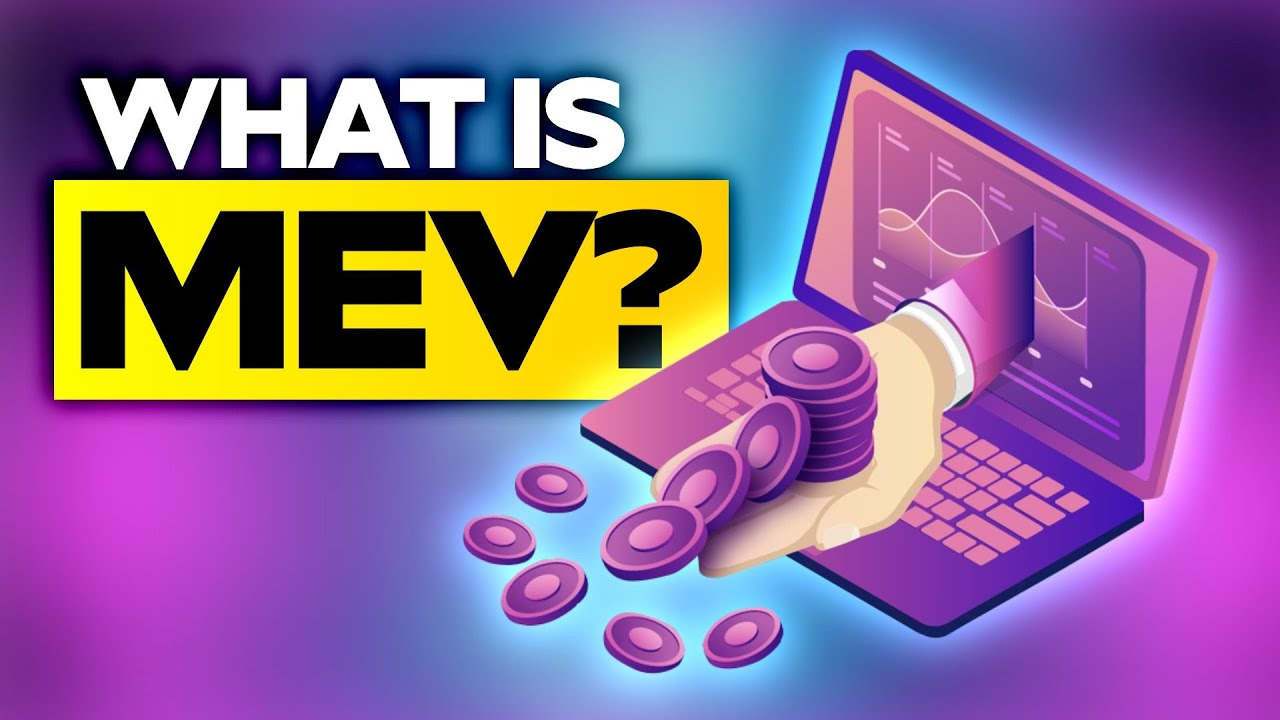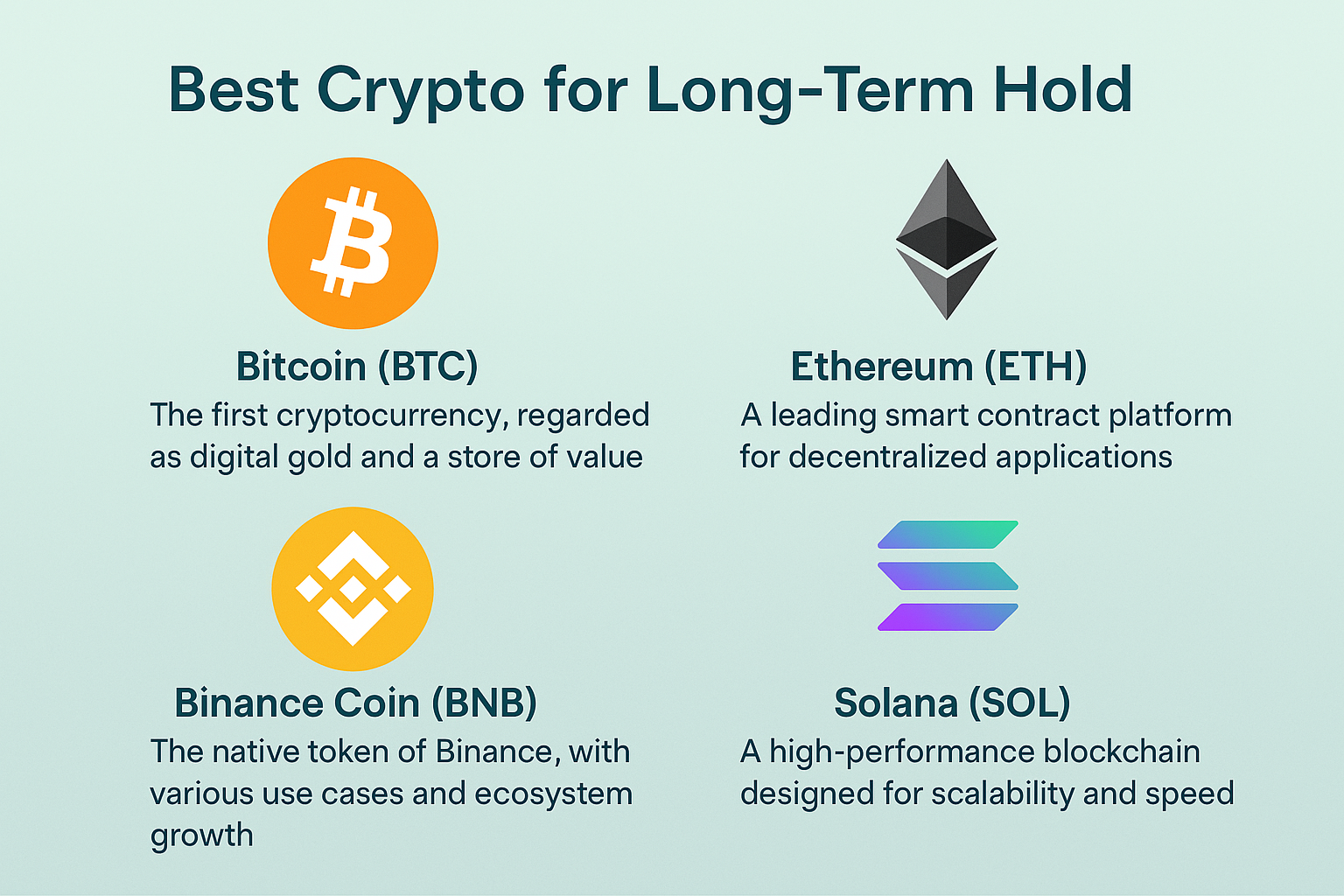What is Ethereum?
Ethereum is one of the most transformative technologies in the world of blockchain and cryptocurrencies. While Bitcoin introduced the concept of decentralized digital money, Ethereum took it a step further — enabling the development of decentralized applications (dApps), smart contracts, and a thriving ecosystem of Web3 innovations. But what exactly is Ethereum, and why does it matter so much in the world of digital finance and technology?
A Brief History of Ethereum
Ethereum was proposed in late 2013 by Vitalik Buterin, a young programmer who recognized the limitations of Bitcoin’s scripting language. He envisioned a more versatile blockchain that could not only handle transactions but also execute decentralized applications. Ethereum officially launched on July 30, 2015, with a team that included Gavin Wood, Joseph Lubin, and other co-founders.
Its native currency, Ether (ETH), serves both as a digital asset and as “fuel” for running programs on the Ethereum network.
Ethereum vs. Bitcoin: What’s the Difference?
While both Ethereum and Bitcoin are blockchain-based and use cryptocurrencies, their purposes differ significantly:
- Bitcoin was created primarily as a decentralized currency — a digital alternative to traditional money.
- Ethereum is a decentralized platform for building applications, with smart contracts at its core.
Think of Bitcoin as a calculator — it does one thing (store and transfer value) very well. Ethereum, on the other hand, is more like a smartphone — it can run a variety of applications built by developers from all over the world.
Smart Contracts: The Core of Ethereum
One of Ethereum’s biggest innovations is the smart contract — self-executing code that runs exactly as programmed, without downtime, fraud, or third-party interference.
For example, you could write a smart contract that automatically releases funds from one person to another once a specific condition is met (like receiving a product or service). These contracts are stored on the Ethereum blockchain and are completely transparent and immutable.
Smart contracts are the foundation of many decentralized platforms, including:
- DeFi (Decentralized Finance) platforms like Uniswap, Aave, and Compound
- NFT (Non-Fungible Token) marketplaces like OpenSea and Rarible
- DAO (Decentralized Autonomous Organizations) that manage community governance
Ether (ETH): Ethereum’s Native Cryptocurrency
Just like Bitcoin, Ethereum has its own cryptocurrency: Ether (ETH). It is used to:
- Pay for transactions (known as “gas fees”)
- Deploy and interact with smart contracts
- Stake on Ethereum’s network (after the transition to Proof of Stake)
ETH is the second-largest cryptocurrency by market capitalization after Bitcoin and is widely traded on crypto exchanges.
Ethereum’s Shift to Proof of Stake: The Merge
Originally, Ethereum used the Proof of Work (PoW) consensus mechanism, just like Bitcoin. However, in September 2022, Ethereum underwent a major upgrade known as The Merge, transitioning to a Proof of Stake (PoS) system.
This move drastically reduced Ethereum’s energy consumption by over 99% and laid the groundwork for future upgrades aimed at improving scalability, such as sharding.
Under PoS, validators are chosen to create new blocks based on the amount of ETH they stake, rather than solving complex computational puzzles.
Key Features of Ethereum
1. Decentralization
No central authority controls Ethereum. It is maintained by thousands of nodes and supported by a global community of developers.
2. Programmability
Developers can create a wide variety of dApps using programming languages like Solidity, Ethereum’s native smart contract language.
3. Interoperability
Ethereum is often called the “Layer 1” of decentralized development. Many other tokens and applications are built on top of it using standards like ERC-20 (for tokens) and ERC-721 (for NFTs).
4. Security
Ethereum is one of the most battle-tested blockchains in the world. Its high level of decentralization and network activity makes it extremely secure.
Challenges Facing Ethereum
Despite its strengths, Ethereum is not without challenges:
- High Gas Fees: Transaction costs can become very expensive during network congestion.
- Scalability: The base Ethereum layer can handle only a limited number of transactions per second.
- Competition: Other blockchains like Solana, Avalanche, and Cardano are offering alternative platforms with faster and cheaper transactions.
To address these issues, Ethereum is undergoing continuous upgrades through the Ethereum 2.0 roadmap, including:
- Danksharding
- Rollups (Layer 2 scaling solutions) such as Arbitrum, Optimism, and zkSync
These improvements aim to make Ethereum more scalable, faster, and cost-effective without compromising security or decentralization.
The Ethereum Ecosystem
Ethereum’s ecosystem is vast and vibrant. It supports thousands of dApps and protocols in areas such as:
- Finance (DeFi)
- Gaming and metaverse
- Identity and privacy
- Art and collectibles (NFTs)
- Social media and DAOs
Popular applications include:
- MetaMask (a browser wallet)
- Uniswap (decentralized exchange)
- OpenSea (NFT marketplace)
- ENS (Ethereum Name Service)
Why Ethereum Matters
Ethereum represents the future of decentralized technology. It allows people to build and use apps without relying on centralized institutions. This gives users more control over their data, money, and digital identities.
As blockchain adoption grows, Ethereum is positioned to remain a key player in shaping the internet of the future — what many call Web3.
Final Thoughts
Ethereum is far more than just a cryptocurrency. It is a decentralized platform for innovation, finance, art, and governance. With smart contracts, dApps, NFTs, and DeFi leading the charge, Ethereum is redefining what is possible in the digital age.
While challenges remain, its continued evolution — supported by one of the largest developer communities in the blockchain space — means that Ethereum’s influence will only continue to grow.
Whether you’re a developer, investor, or simply curious about the future of the internet, Ethereum is a technology worth understanding.




